Proactive Safety Approach for Biogas Plants
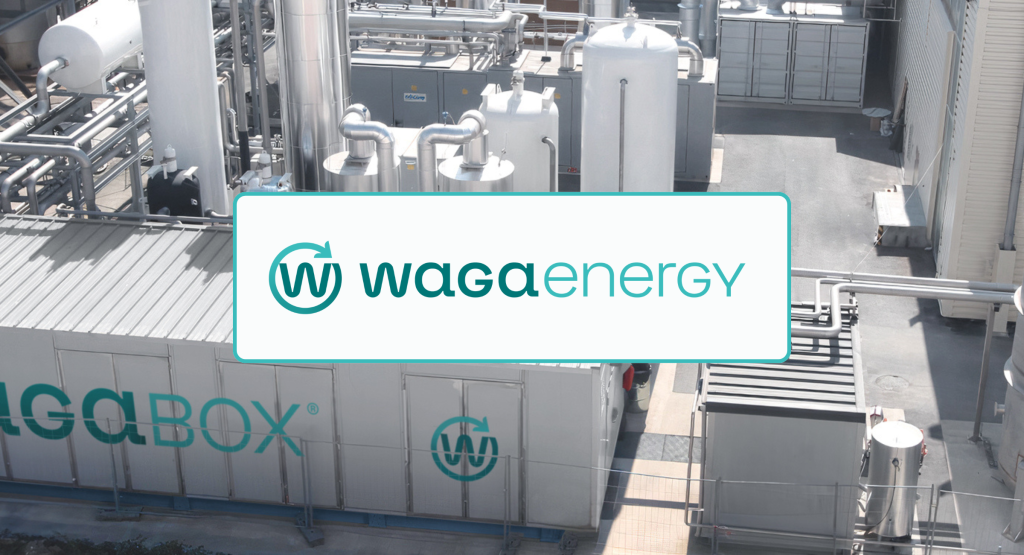
Written by Joe Rengers, Safety Manager for Waga Energy.
There are many complex procedures within the landfill renewable natural gas (RNG) industry that necessitate strict safety protocols due to the involvement of combustible materials and high-pressure systems. A proactive safety approach is paramount for a company expanding rapidly, with constant updates to procedures and clear, effective communication.
Here are some examples of proactive safety measures that should be applied.
Utilizing Advanced Technology
Utilizing advanced technology in RNG refining processes significantly enhances safety measures. Automation and real-time monitoring systems are essential tools that modern and safety-forward companies employ. Specifically, AI technology is available to enable continuous surveillance of unit operations, detect irregularities, and trigger immediate safety control responses when potential hazards are present. Advanced sensors and control systems can identify leaks, pressure fluctuations, and equipment malfunctions before they escalate into major incidents.
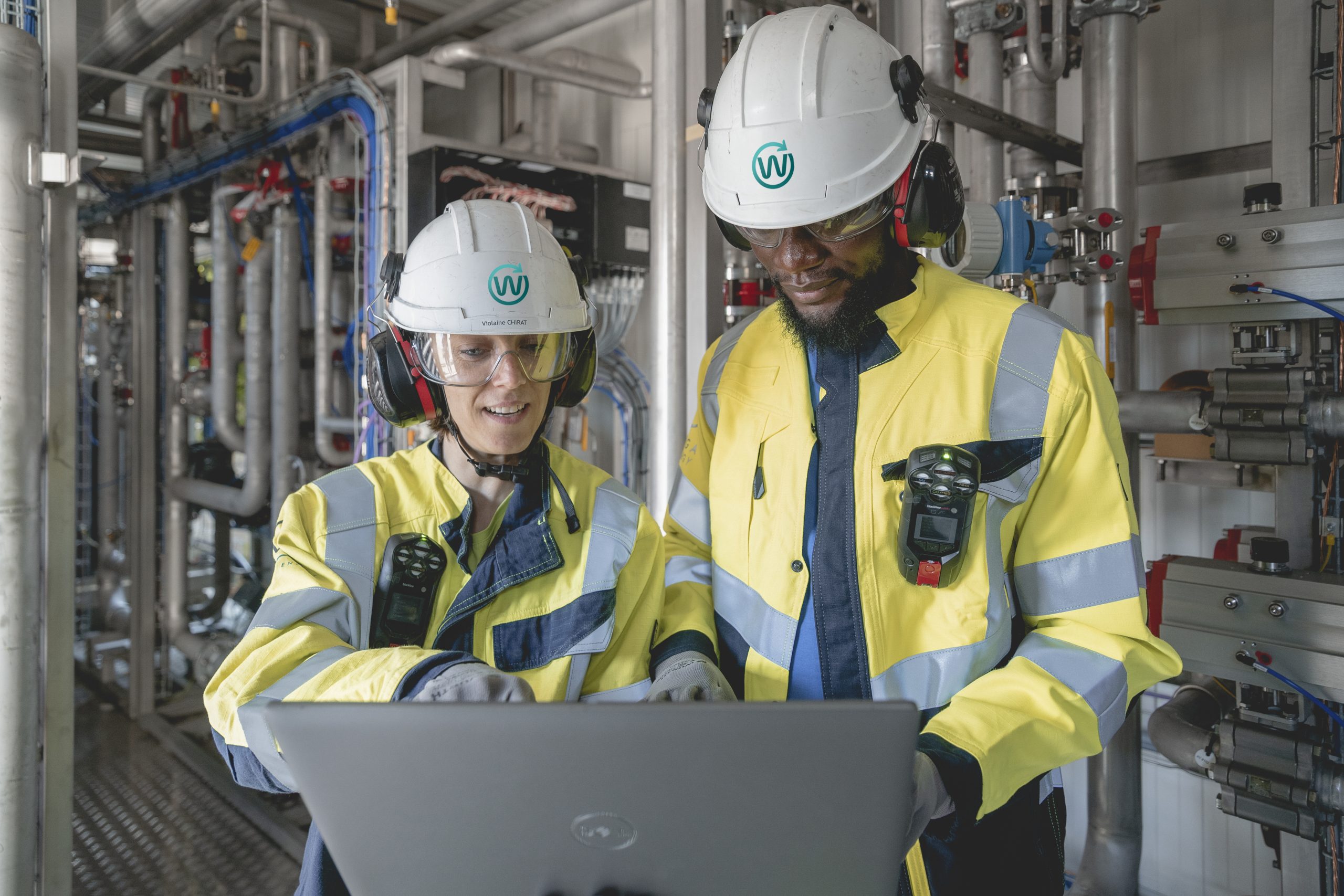
Emergency Pre-Planning
Pre-planning for emergencies is another safety approach that is crucial for avoiding hazards and being proactive. Comprehensive emergency plans should be developed and regularly updated to address various potential scenarios, such as gas leaks, fires, and equipment failures. These plans outline clear protocols for evacuation, containment, and communication. Regular internal training sessions ensure that all personnel are well-prepared to act swiftly and effectively in the event of an emergency. Additionally, collaboration with local emergency services prior to the commissioning of the landfill gas upgrading unit also enhances response capabilities, ensuring that external responders are familiar with the facility layout and potential hazards.
Safety Personnel
The presence and inclusion of dedicated safety personnel at all stages of the process is essential in maintaining a safe working environment. Engineers specifically dedicated to process safety are crucial for designing and maintaining safe systems, ensuring that all safety measures are integrated into the refining process from the start. Each landfill gas upgrading unit should go through a rigorous HAZOP and must meet multiple international process safety standards prior to commissioning. Preemptive and continuous compliance with safety regulations ensures safe standards are met throughout the process. Collaboration with all departments also helps identify and mitigate risks, making certain that safety is prioritized at every phase.
If you are a landfill manager searching for a landfill gas-to-energy project, it is crucial to focus not only on the environmental and financial benefits but also on the emphasis your potential long-term developer places on safety. Be sure to ask questions and request the highlighted information above when selecting a landfill gas-to-energy partner.
These proactive safety measures and continuous innovation have contributed to Waga Energy’s exceptional global safety record. Safety is at the core of Waga Energy’s actions; having over 20 units operational globally and utilizing the same process allows for safe procedures as unknowns are removed. This commitment to continuous improvement in safety not only protects lives and the environment but also promotes sustainable growth and public acceptance of renewable energy sources.
To learn more, read our Safety Magazine.
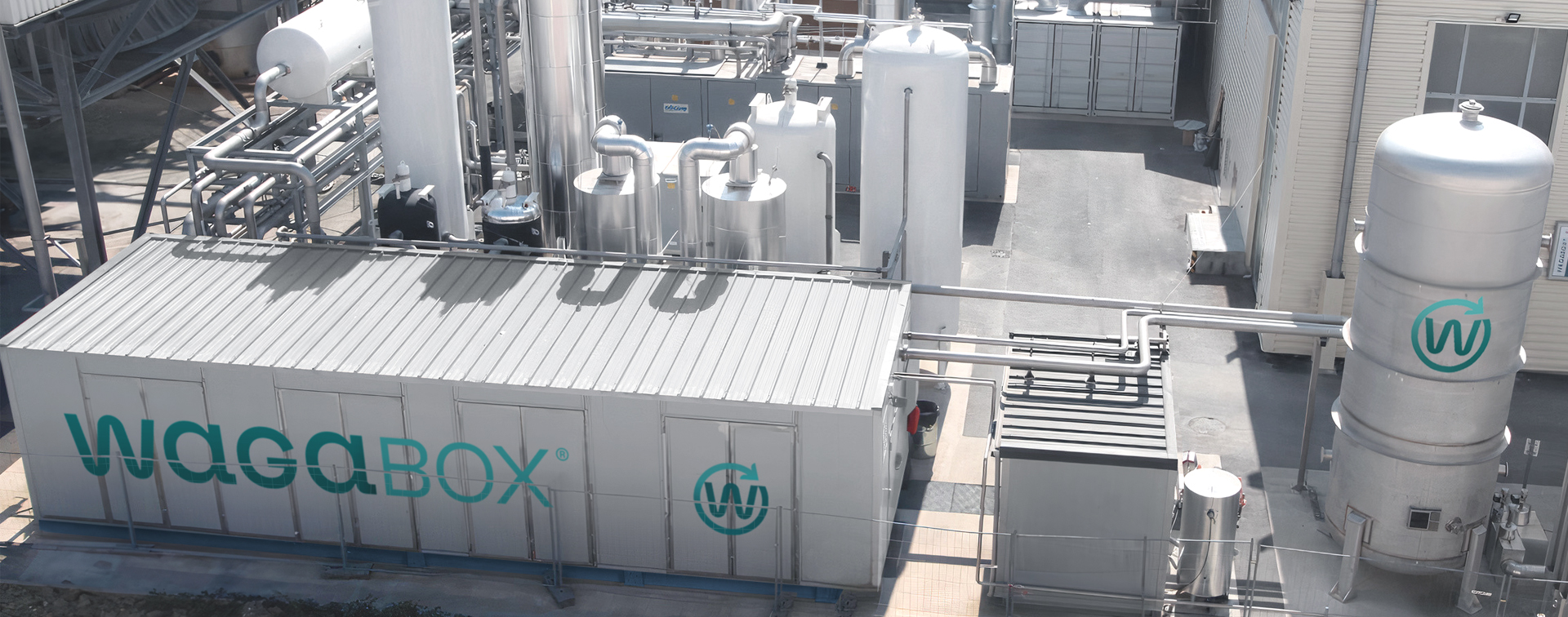
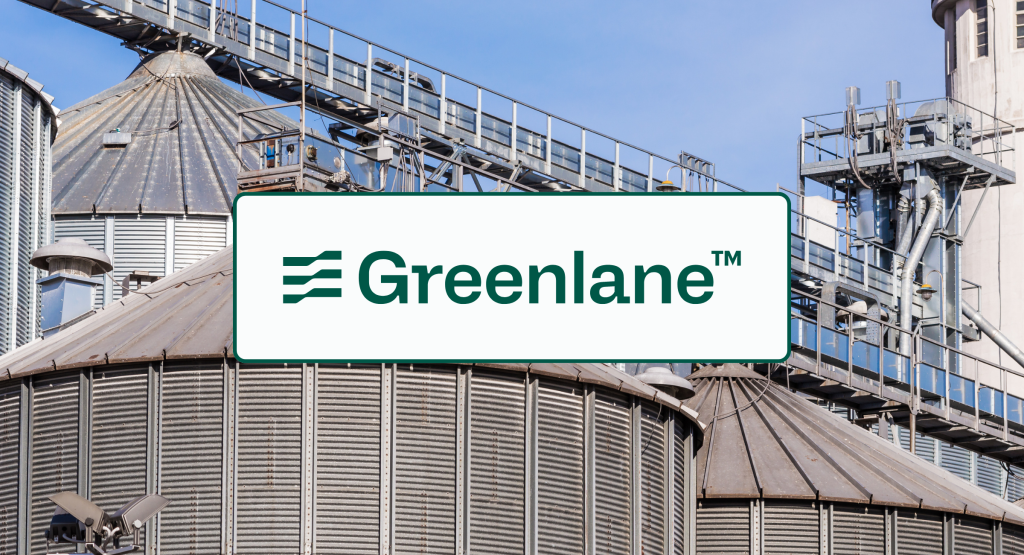
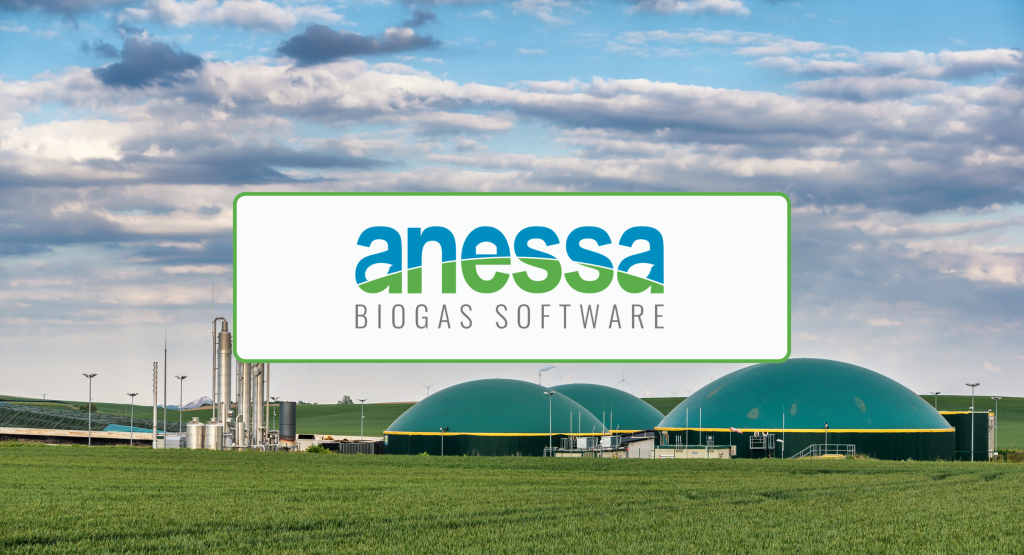
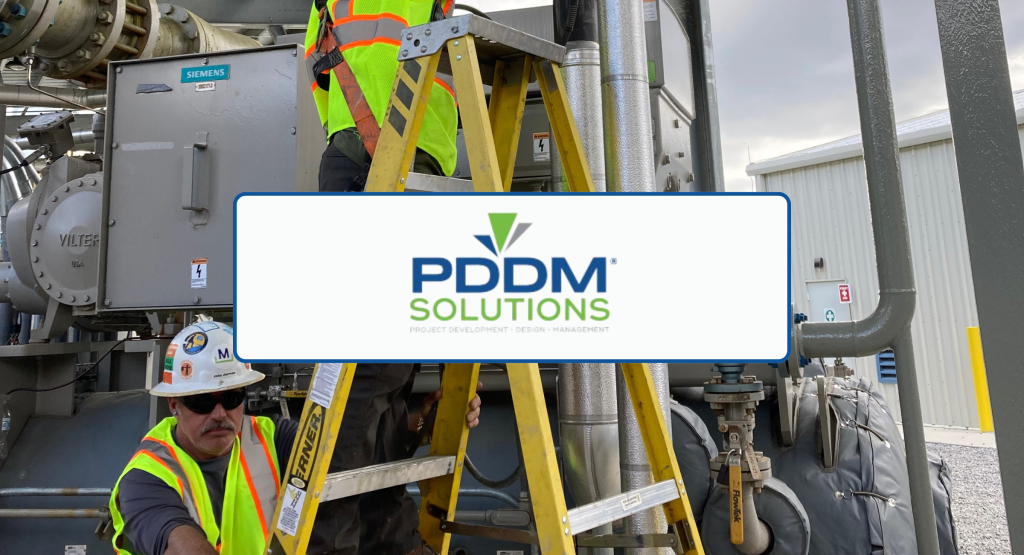
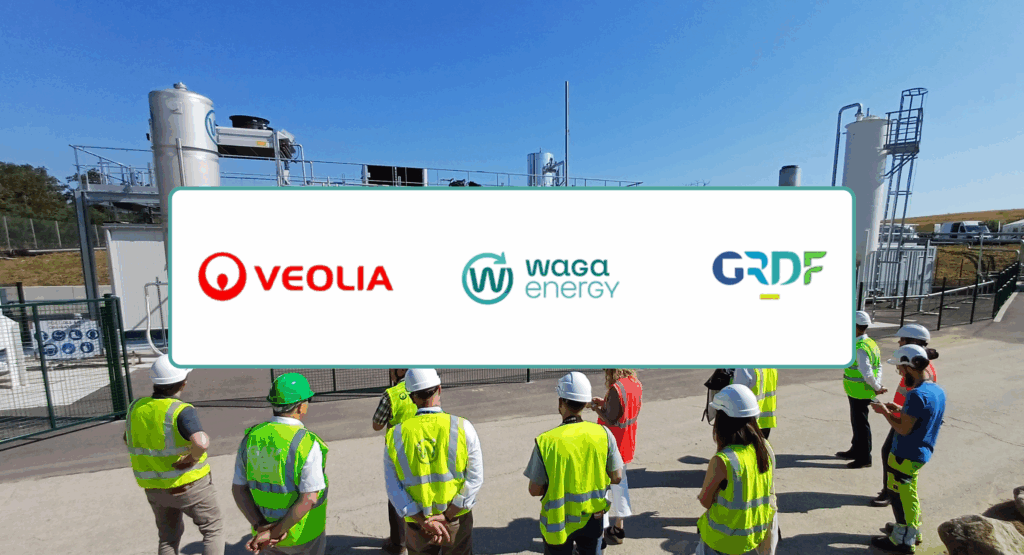
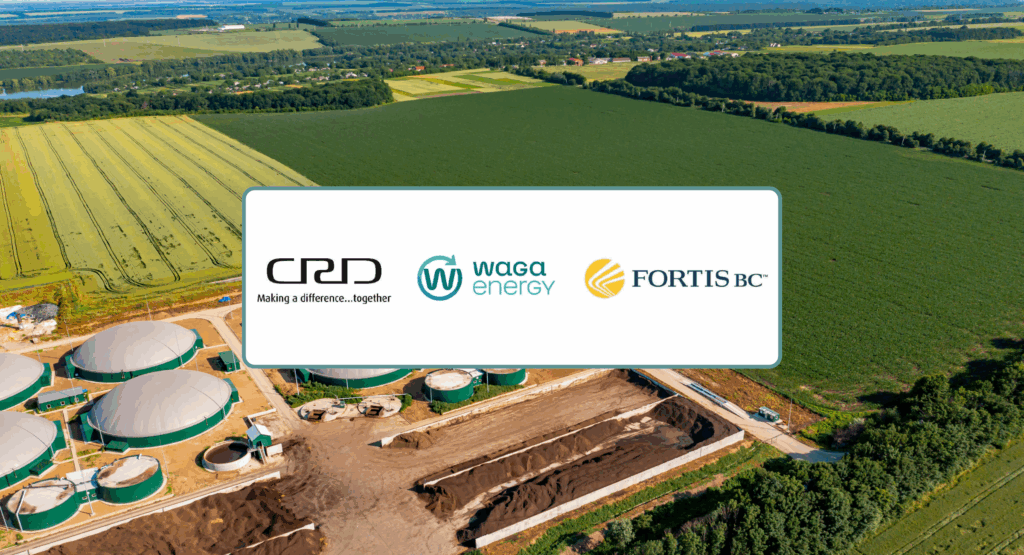
Comments